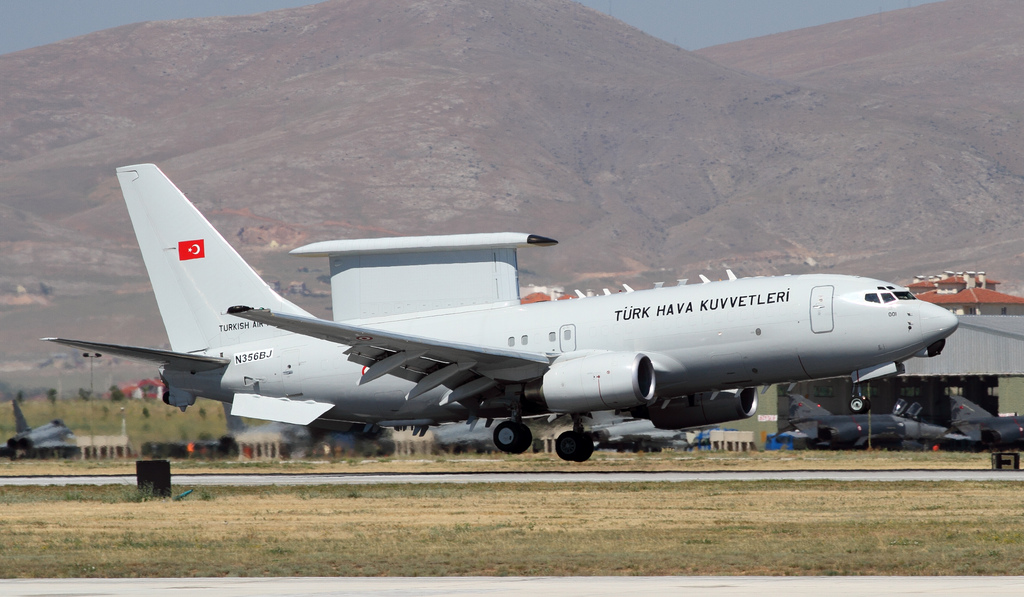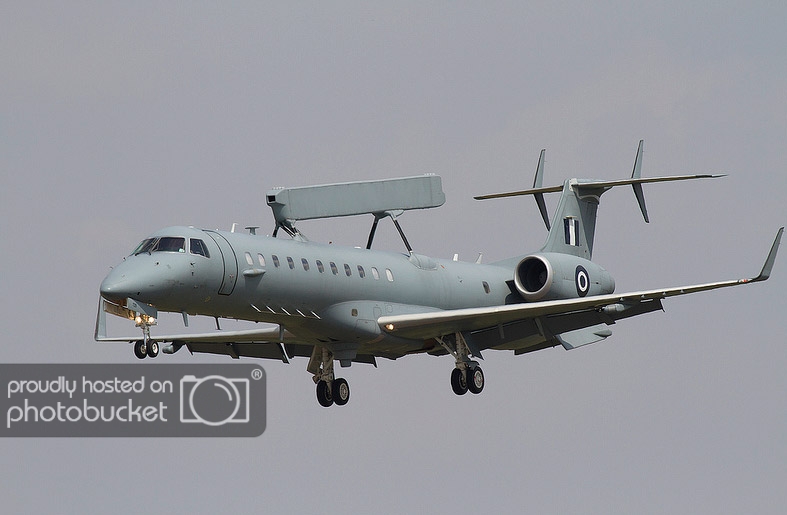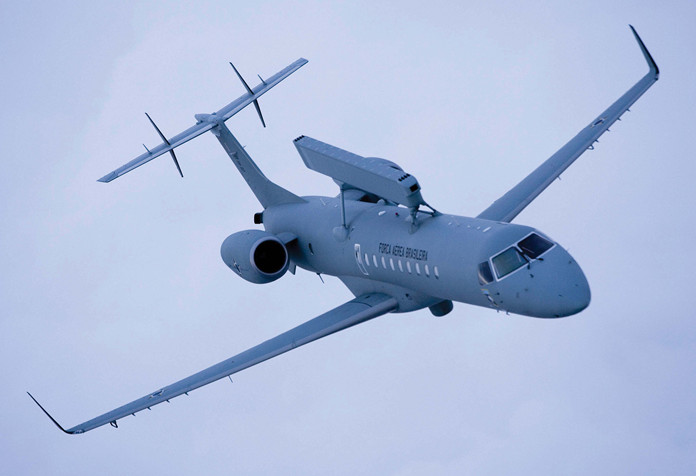
ش أ الأربعاء, 12 فبراير 2014 22:30 ذكرت صحيفة وورلد تربيون الأمريكية أنه بعد سنوات من التأخير.. تسلمت تركيا أولى طائرات نظام الإنذار المبكر والتحكم المحمول جوا أمريكية الصنع. وتسلمت القوات الجوية التركية أو طائرة من ضمن 4 طائرات نظام الإنذار المبكر والتحكم المحمول جوا من انتاج شركة بوينج كجزء من مشروع صفقة قيمتها 6ر1 مليار دولار.. ومن المتوقع أن تتسلم تركيا الطائرة المتبقية في عام 2015. وقال مدير برنامج بوينج مارك إليس "إن ما هو أكثر من ذلك،أنه يمكن استخدام الطائرة فورا لأنه قد تم الانتهاء من التدريب الأولي لمشغلي نظام البعثة، وأطقم الصيانة والطيارين". وأعلنت بوينج أنه تم إرسال الطائرة إلى القاعدة التابعة لسلاح الجو التركي في قونية.وتعتمد الطائرة بوينج من طراز بي 737 -700، والتي هي بمثابة منصة لأنظمة الإنذار المبكر والتحكم و الرادارات. وقد تأخر مشروع نظام الإنذار المبكر والتحكم لأكثر من خمس سنوات. وفي أواخر عام 2013، توصلت بوينج والحكومة التركية إلى تسوية وافقت بموجبها الشركة الأمريكية لدفع ما يقرب من 600 مليون دولار كتعويض. وذكرت بوينج أن هناك طائرتين من المفترض تسليمهما هذا العام والرابعة في عام 2015 .. وأنه بالإضافة إلى الطائرات، يتضمن برنامج نسر السلام قطاعات للدعم الأرضي لتدريب طاقم البعثة، لدعم البعثة و صيانة النظام".. وشمل المشروع العديد من شركات الدفاع التركية الكبرى. وقال مسئولون إن تركيا تخطط لتنظيم حفل تدشين للطائرات في قونية في 21 فبراير الجاري. وقالت بوينج وقد تم تصميم الطائرة لتعقب الأهداف الجوية والبحرية في وقت واحد.
اقرأ المقال الاصلى فى المصريون : http://almesryoon.com/الصفحة-الأخيرة/386691-تركيا-تحصل-على-أول-طائرة-إنذار-مبكر-من-طراز-بوينج




